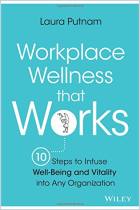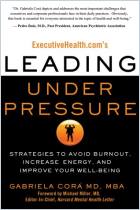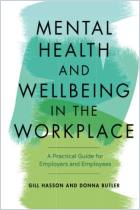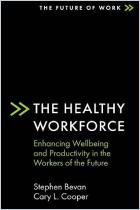
The Healthy Workplace
How to Improve the Well-Being of Your Employees – and Boost Your Company's Bottom Line
ISBN: 9780814437438
Pages: 256
Recommendation
Many top companies invest heavily in employee-wellness programs that help workers stay healthy and can reduce corporate health-insurance costs. Most firms with wellness programs discover that having healthier employees translates directly to having a healthier bottom line. Workplace sustainability expert Leigh Stringer explains why corporate wellness programs are good for companies and their employees and tells executives how to plan, organize and implement a wellness program. Some managers may have second thoughts about a few of these suggestions; for instance, letting workers bring their pets to the office might work better for small firms than big corporations. Nonetheless, getAbstract recommends this authoritative guide to leaders studying the pros and cons of creating programs that foster a healthier workplace.
Summary
About the Author
Leigh Stringer is a senior workplace expert for EYP Architecture & Engineering. She is a workplace sustainability consultant to higher education, government, corporate, institutional and private-sector clients.














Comment on this summary